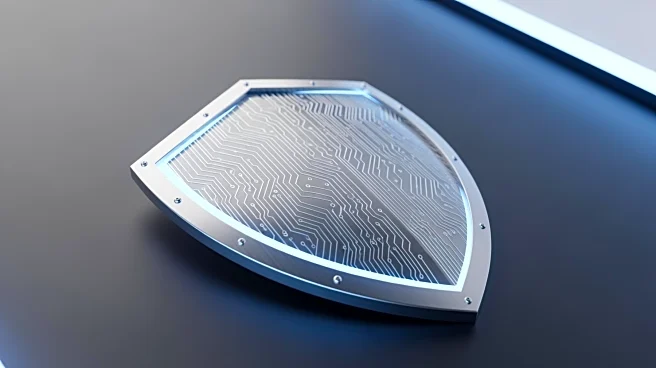What's Happening?
Researchers at the University of Bath have developed a new test called Fastball, which uses EEG technology to detect early memory issues linked to Alzheimer's disease. The test monitors brain activity through sensors placed on the scalp and has shown promising results in identifying mild cognitive impairment (MCI), a potential precursor to Alzheimer's. The study involved 106 participants, including those with MCI and healthy older adults, and found that individuals with amnestic MCI had weaker responses to the test compared to those with non-amnestic MCI or no cognitive issues. Experts from Dementia UK and Alzheimer’s Society emphasize the importance of early diagnosis for effective management and treatment of symptoms.
Why It's Important?
Early detection of Alzheimer's disease is crucial as it allows for timely intervention, which can help manage symptoms more effectively. Although there is no cure for dementia, early diagnosis can lead to better support and planning for affected individuals and their families. It can also provide an explanation for changes in memory, behavior, or emotions, helping loved ones understand the condition and improve the quality of life for those diagnosed. The Fastball test represents a significant advancement in early detection, potentially leading to improved outcomes for patients and reducing the burden on healthcare systems.
What's Next?
The development of the Fastball test could lead to wider adoption in clinical settings, providing a quick and non-invasive method for early detection of Alzheimer's disease. As research continues, further validation of the test's effectiveness and accuracy will be necessary. Healthcare providers may begin integrating such tests into routine screenings for older adults, potentially leading to earlier interventions and better management of Alzheimer's disease. Additionally, ongoing research may explore the test's applicability to other neurodegenerative conditions, expanding its impact on public health.









